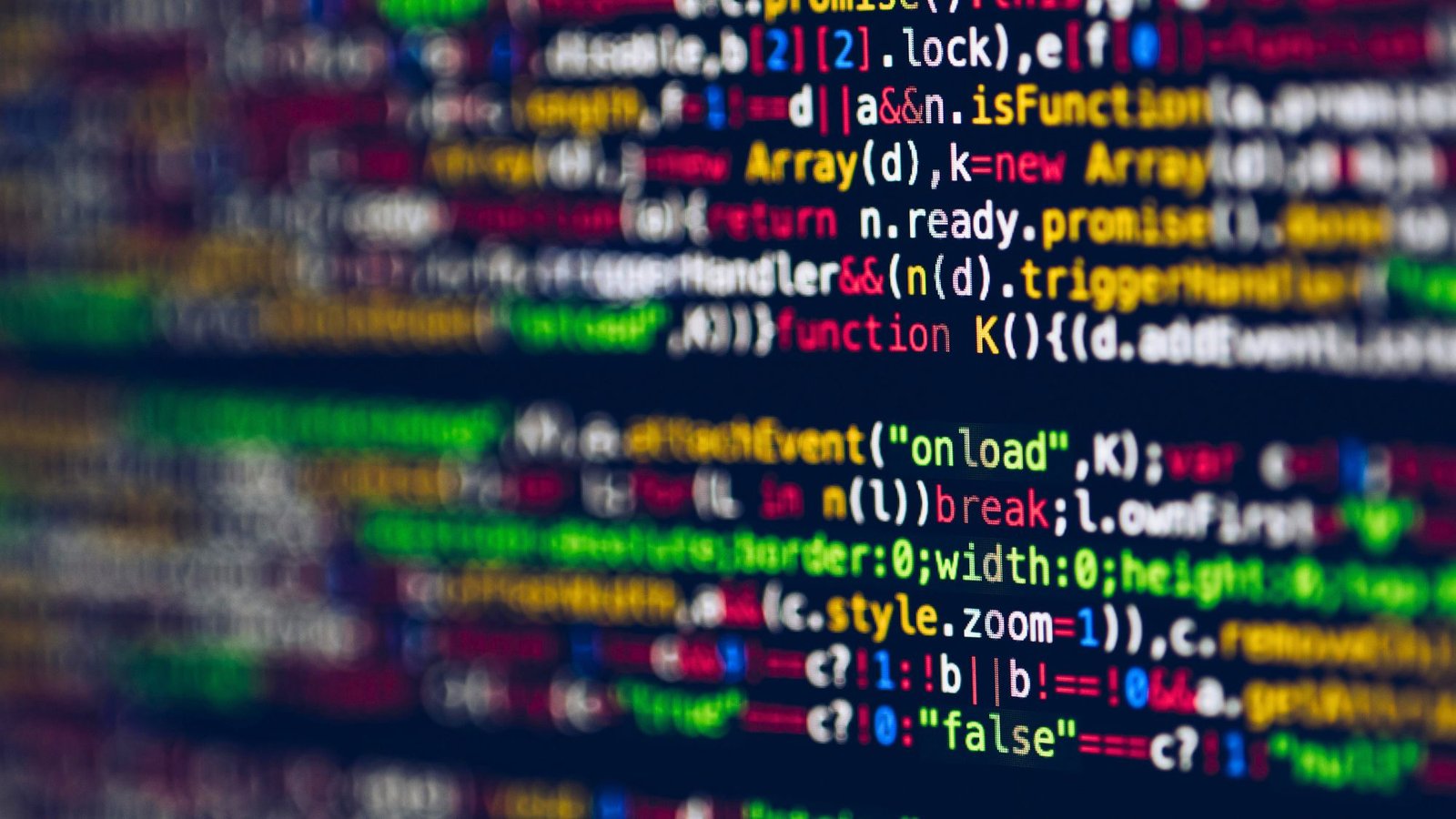Is Data Annotation Tech Legit? A Comprehensive Exploration

Introduction
In today’s fast-paced technological landscape, data annotation has become one of the core components of artificial intelligence (AI) and machine learning (ML) systems. But many people are left wondering: is data annotation tech legit? This question often arises due to the opaque nature of the industry, its global workforce, and the often misunderstood role it plays in powering modern technologies.
This article aims to explore the legitimacy of data annotation tech by discussing what data annotation is, how it’s used, who benefits from it, and what potential concerns or risks come with relying on these systems. By the end, you’ll have a clearer understanding of whether this tech is trustworthy and how it fits into the broader AI landscape.
Understanding Data Annotation Tech
To answer the question, “Is data annotation tech legit?” it’s important to start by understanding what data annotation entails. In its simplest form, data annotation is the process of labeling data to make it understandable and usable by AI algorithms. This labeled data is then used to train models, allowing them to make predictions, categorize information, or perform specific tasks.
Data annotation can take several forms, such as labeling images, tagging objects in videos, or categorizing textual data. For example, when you use a facial recognition app, it can identify faces because it was trained on thousands of labeled images, where the faces were marked. Similarly, virtual assistants like Siri or Alexa understand speech thanks to vast databases of annotated voice data.
The tech behind this process is complex, but it is integral to building accurate and reliable AI systems. Data annotation is used across industries such as healthcare, automotive, finance, and e-commerce, helping companies improve their products and services by giving AI systems the information they need to function effectively.
The Growing Demand for Data Annotation
The demand for data annotation tech has exploded in recent years. As AI and ML become more integrated into everyday technologies, the need for annotated data grows exponentially. This trend raises questions about the quality and reliability of the technology behind these annotation services.
So, is data annotation tech legit? The short answer is yes—if it weren’t, the advancements we’ve seen in AI wouldn’t be possible. However the broader answer is more complex, and understanding this requires a closer look at the industry’s structure, the accuracy of annotated data, and the ethical implications of large-scale data labeling.
Data annotation is now a multi-billion-dollar industry. It employs both automated tools and human annotators to process vast amounts of data. Companies that specialize in data annotation have created robust tools to help enterprises efficiently process their data. However, challenges related to accuracy, bias, and the quality of training data do exist, and these issues sometimes cast doubt on the legitimacy of certain practices within the field.
Human vs. Automated Data Annotation
One of the reasons people ask, “Is data annotation tech legit?” is the perception that much of the process is manual. While automation tools exist, many companies still rely on a global workforce of human annotators to provide high-quality data.
Human annotators are used primarily because AI models are not yet capable of interpreting complex or abstract data in the way humans can. For example, identifying objects in an image or understanding the context of a sentence often requires nuanced judgment that current AI lacks. This human-driven process, while effective, also introduces potential errors or inconsistencies that can impact the final performance of the AI system being trained.
On the other hand, fully automated annotation tools are continually being developed. These tools promise faster results and cost-efficiency, but their effectiveness varies depending on the complexity of the data. In areas where accuracy is critical, such as medical image labeling, human intervention remains essential. Automated tools are getting better, but for now, they are often used to complement rather than replace human annotators.
Common Concerns: Accuracy, Bias, and Scalability
Although data annotation is essential for AI development, concerns about accuracy and bias remain at the forefront. If annotations are incorrect, the AI system will not learn correctly, leading to poor performance. This is why many ask, “Is data annotation tech legit?”
Bias is another significant issue. If the annotated data contains bias—whether intentional or not—the AI system can inherit those biases, leading to flawed decisions. For example, if facial recognition software is trained predominantly on lighter-skinned individuals, it may struggle to accurately identify people with darker skin tones. This kind of bias can have far-reaching consequences, particularly in areas like law enforcement and hiring practices.
Scalability is another challenge. As AI models grow more complex, the volume of data they require increases. Meeting this demand is difficult, especially for companies that rely on manual annotation processes. That said, advances in machine learning, particularly in semi-supervised and unsupervised learning, are helping to mitigate the need for vast amounts of labeled data.
The Role of Data Annotation in AI Development
The legitimacy of data annotation tech is further supported by its crucial role in AI development. Without labeled data, machine learning models cannot learn effectively. In supervised learning, which is the most common type of machine learning, a model is trained using a labeled dataset, where the input and the corresponding output are known. For example, in a dataset used to train a model to recognize cats in images, the images are labeled as “cat” or “not cat.”
Once the model is trained, it can then be used to make predictions on new, unlabeled data. The quality of these predictions, however, is highly dependent on the quality of the annotated data. Inaccurate labels or insufficient data can lead to an underperforming model. This is why companies invest heavily in ensuring the quality of their annotated datasets. Legitimate data annotation services understand this and prioritize accuracy to ensure that AI systems perform at their best.
Data Annotation Providers: Who Are the Key Players?
To further answer the question, “Is data annotation tech legit?” it’s helpful to explore the companies driving innovation in this space. There are several major players in the data annotation industry, each offering a range of services designed to meet the needs of various AI applications.
Some of the most well-known data annotation providers include companies like Scale AI, Appen, and Labelbox. These organizations work with global enterprises, offering both automated and human-annotated data services. They have built reputations as reliable providers, using sophisticated tools to help companies process and annotate their data accurately and efficiently.
These firms employ quality control measures, such as multiple layers of review and validation, to ensure that the data they provide is accurate. This level of attention to detail is one of the key reasons why many trust these companies and view data annotation tech as legitimate.
Ethical Considerations in Data Annotation
One aspect that often comes under scrutiny when discussing data annotation is the ethical considerations. Many people question whether the global workforce employed by annotation companies is treated fairly, particularly when much of this work is outsourced to countries with lower labor costs.
Is data annotation tech legit in terms of ethical standards? This varies between companies. Some organizations are transparent about their practices, ensuring fair wages and reasonable working conditions for their annotators. Others, however, have been criticized for exploiting workers by paying low wages for labor-intensive work. The ethics of data annotation are an ongoing debate, and companies need to be held accountable for the treatment of their workforce.
In addition to labor concerns, privacy is another ethical issue. When working with sensitive data, such as medical records or personal information, data must be handled with care. Reputable data annotation services implement strict security measures to protect the data they process, but less scrupulous providers may not.
The Future of Data Annotation Tech
Given its pivotal role in AI development, it’s clear that data annotation tech is here to stay. But is it legit? Provided it’s implemented responsibly and with attention to accuracy, bias, and ethical considerations.
As the demand for AI continues to grow, so too will the need for high-quality annotated data. Advances in automation will likely reduce reliance on human annotators over time, but for now, both human and machine-driven annotation remain essential components of the AI ecosystem.
Moreover, ongoing improvements in machine learning techniques—particularly in areas like self-supervised learning—will help reduce the need for vast amounts of labeled data. These advancements will also address some of the scalability issues currently facing the data annotation industry.
Conclusion
To sum up, the answer to “Is data annotation tech legit?” is a resounding yes. The industry plays a vital role in AI and machine learning, and without it, many of the technological advancements we rely on today wouldn’t be possible.
That said, the legitimacy of the industry depends on the quality of the annotations, the ethical treatment of annotators, and the responsible handling of data. For businesses and organizations, it’s essential to work with reputable data annotation providers that prioritize accuracy, security, and fairness in their processes. As AI continues to evolve, so too will the methods and tools used in data annotation, ensuring that it remains a cornerstone of the AI landscape.









